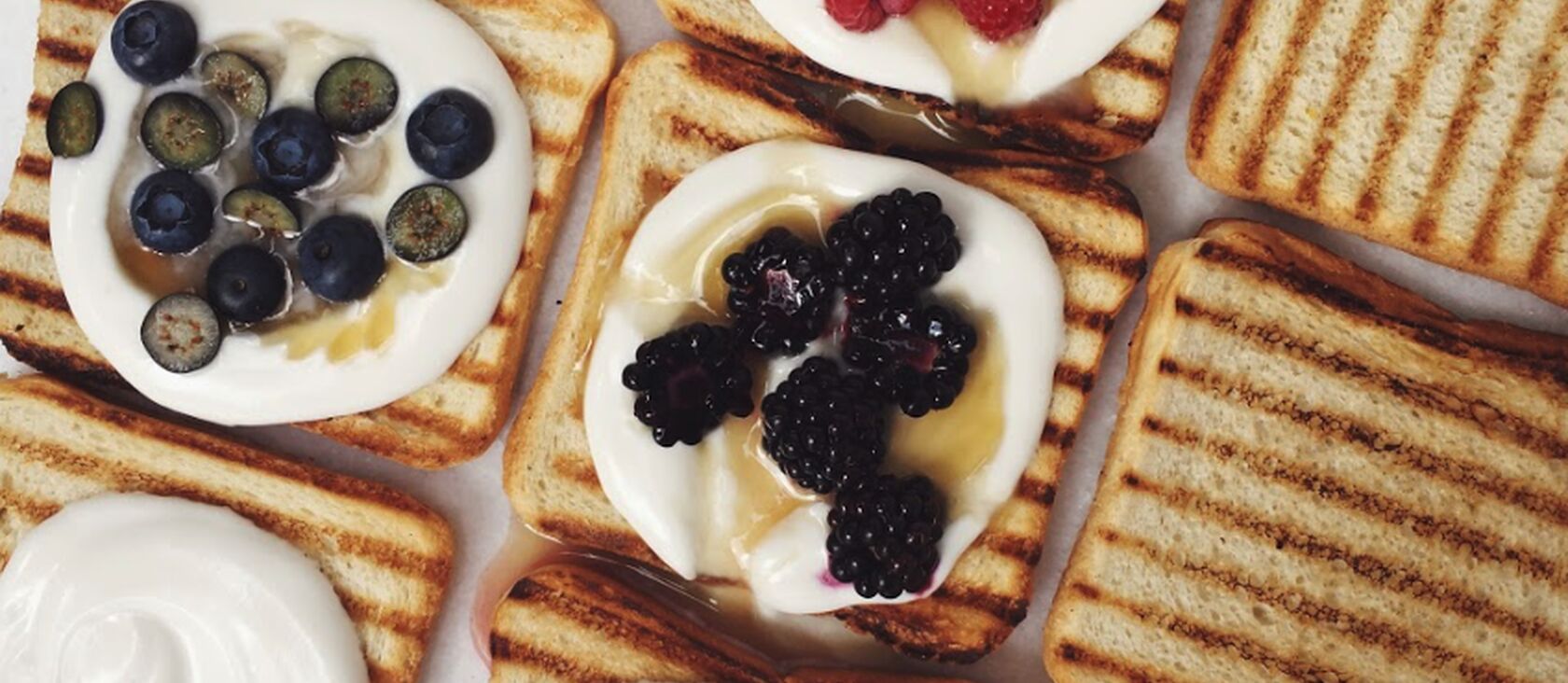Plant-based pioneers
The story of two farmers with a mission: to realize the first plant-based cappuccino made with soy from Dutch soil.


Yoghurt is a fermented milk product: the interaction of specific bacteria helps turn milk into yoghurt. By adding yoghurt cultures, in this case a mixture of bacteria, milk is made sour. Soon we will provide an extensive article to explain how fermentation works and why this is extremely healthy.
Yoghurt cultures are essential to a real yoghurt. It gives a yoghurt its creamy flavour and fresh kick. Without these cultures there is no way you can make plant-based yoghurt.
Most plant-based yoghurts use classic cultures. Often referred to a plant-based alternatives to yoghurt, which means these are fermented food products.
The most popular types of plant-based yoghurt cultures are: Streptococcus thermophilus, Lactobacillus bulgaricus, Lactobacillus acidophilus and Bifidus lactis. The first two help make sugar in the coconut or almond milk sour, providing a nice and full texture. The other two are probiotics, bacteria many food experts say they are an asset for your intestines. The difference is that we are using vegan yoghurt cultures cultivated in a plant-based soil, avoiding lactose. It is how we keep our products vegan and lactose-free at all times.
I am delighted to share this knowledge. You could, if you would want to make your very own coconut yoghurt. But make sure the yoghurt cultures are plant-based, in case you definitely want to have vegan yoghurt. Enjoy!